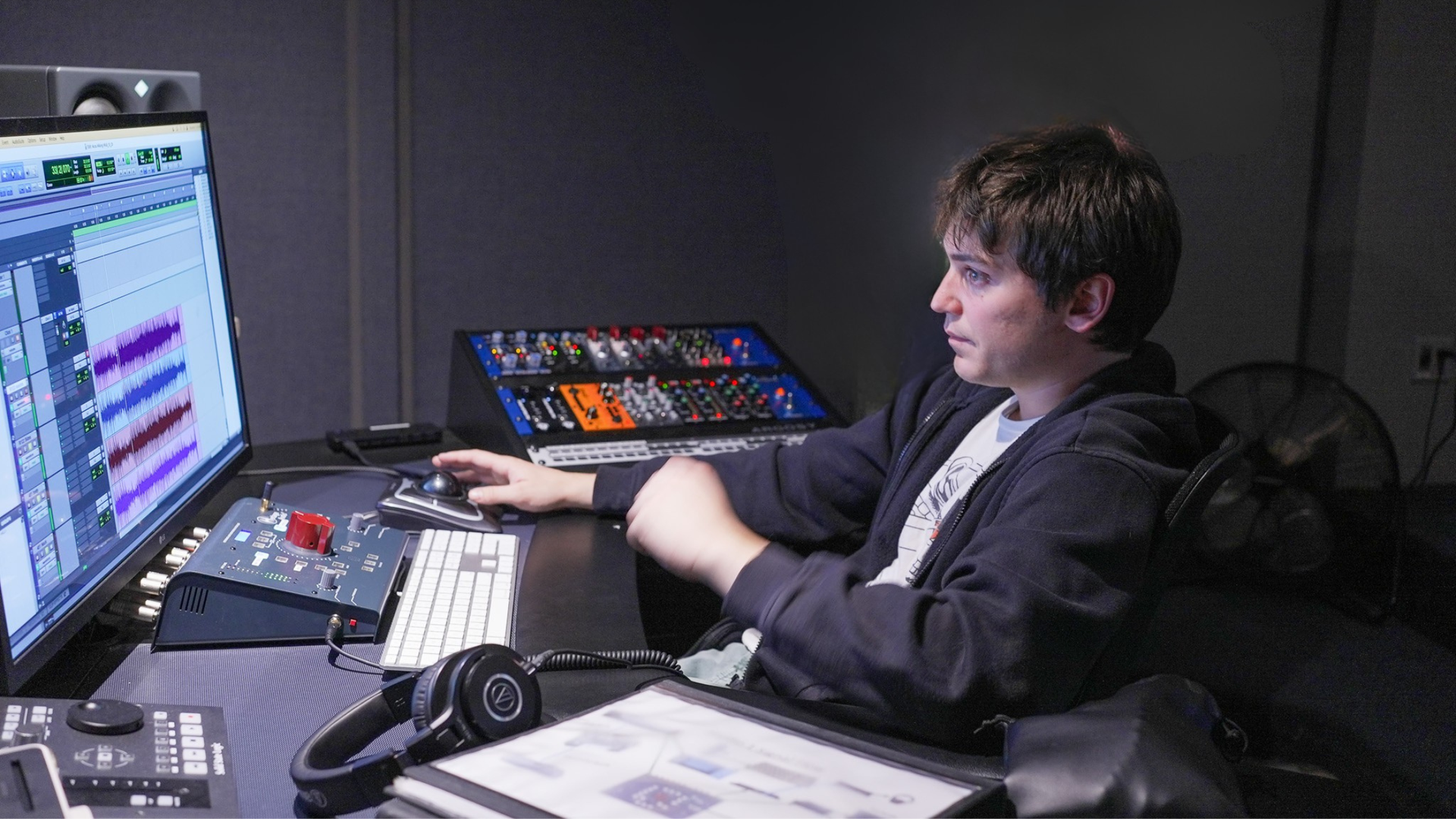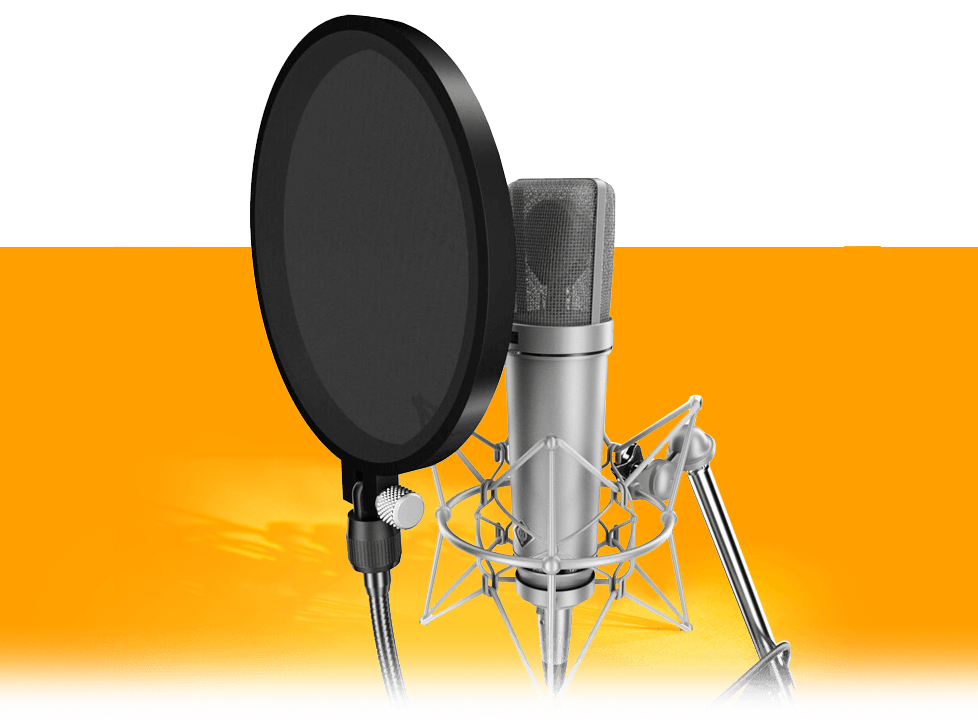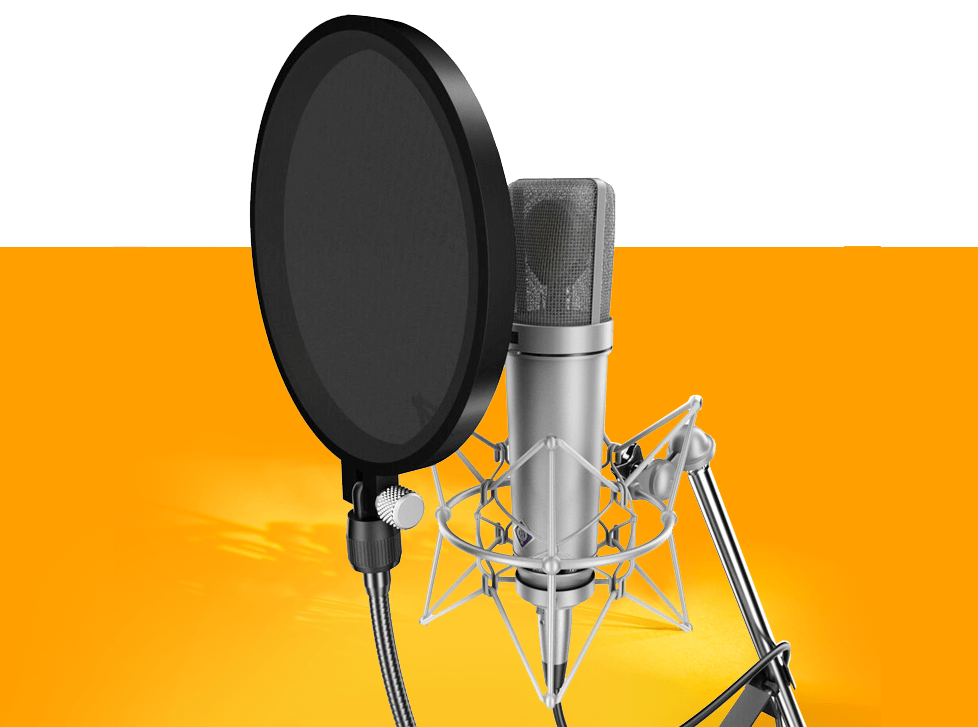Become a Sound Pro: 6 Ways to Gear Up For Audio Engineering School
Jeremy Alves | July 21, 2025

Ready to go from music lover to sound pro? You don’t have to wait for your first class to start building your skills. Already making beats in your bedroom or feeling something when the bass hits right? This is your chance to prepare for the ride of a lifetime.
Audio engineering is a creative, technical, fast-paced, and constantly evolving field that offers many opportunities. If you're heading to a school like
OIART, you’ll have hands-on experience with recording, mixing, producing, and problem-solving, all from day one.
Parents, if you're wondering if this path has real career potential, the answer is yes. From music production to game sound design, OIART grads work in industries that are booming right now.
So crank the volume and get ready to explore your backstage pass to everything you can do now before school starts.
Tip #1: Train Your Ears Like a Pro Listener
Your ears are your most important piece of gear. Anyone can buy a mic, but learning how to hear like an audio engineer takes practice. Before you touch a console, start fine-tuning your listening.
Pick your favourite songs and listen to them in a whole new way. What do you notice first? The kick drum? The reverb on the vocal? Try listening for:
- Balance (how loud each element is)
- Panning (where things are in the stereo field)
- EQ (is it bright? warm? muddy?)
- Dynamics (what hits hard and what’s soft)
- Effects like reverb, delay, or distortion
Break down different genres, even ones you don’t usually listen to. Great ears don’t come naturally; you have to train them; Pop, Metal, Jazz, Hip hop, & Film scores. Each one uses sound differently, and learning to hear those details is a big part of becoming a music producer or engineer.
Tip #2: Get Comfortable With Tech and Software
In 2025, your audio workstation mixes hardware and software. If you’ve never touched a DAW (Digital Audio Workstation), now’s the time to start.
Popular DAWs, such as Pro Tools, Logic Pro, Ableton Live, and GarageBand, are where nearly every project begins. Pro Tools is the industry standard, and it’s what you’ll use at
OIART. But any DAW is a great place to start exploring how audio works.
You Can Make Beats Using Virtual Instruments
Lay down your first groove or build a full arrangement with virtual instruments, like drum machines, synths, pianos, basses, and more. Whether you're dropping 808s or layering orchestral strings, you can tap into a massive sound library to craft your vibe from scratch.
You Can Edit Loops and Samples
Chop, stretch, slice, reverse — loops and samples are your playground. Drop in pre-recorded sounds and edit them to fit your tempo or mood. Flipping a vocal hook or fine-tuning a drum break gives you complete control over every beat and bar.
You Can Record Yourself Or Others
Capture vocals, guitars, keys, or whatever else you’ve got. Plug in a mic or interface and start recording audio straight into your project.
You Can Play With EQ, Panning, and FX
Shape your sound like a pro with built-in EQ, panning, and effects. Brighten vocals, beef up the low end, or send that synth soaring into space with reverb, delay, or distortion.
You Can Export Mixes and Bounce Tracks
When you’re ready to share your masterpiece, just export the mix. You can bounce tracks individually or as a full stereo file. High-quality audio, ready to drop on Spotify, YouTube, or wherever your audience lives.
Bonus tip: OIART uses Mac-based systems. If you’re more familiar with Windows, it’s worth taking some time to get familiar with a Mac to make the transition easier. Even a used or borrowed one will help you feel more at home.
Want to go deeper? Grab a simple interface and a pair of headphones, and start exploring. Tools like the Focusrite Scarlett 2i2, PreSonus AudioBox, or budget bundles from music stores are perfect for beginners.
Tip #3: Record Something — Anything!
Think your first big audio project has to be a song? Nope. Start simple.
Record your dog barking, your voice, or a fan blowing across a mic. The goal is to start experimenting and figuring out what sounds cool, what doesn’t, and how to fix it. That’s how real producers and sound engineers sharpen their edge.
Use your phone’s mic. Or plug a USB mic into your computer. Download a free DAW like GarageBand or Cakewalk. Start layering tracks. Try adjusting volume and pan. Add effects. Make something weird. Make something awful. Then try again.
Want to record vocals or instruments? Grab an audio interface, a budget condenser microphone, and headphones; many starter kits are available for under $200. The quality won’t be world-class, but the experience will be.
Each time you record and listen back, you’ll hear something new, and your brain will start learning
how sound works.
Students who have already experimented with recording software usually feel way more confident when school starts. They ask better questions, try crazier ideas, and get more out of studio time.
OIART's Audio Program Includes:
✓ Small Class Sizes
✓ On Site Facilities
✓ Industry Leading Instructors
✓ Post Grad Support & Guidance
✓ Exclusive 11 Month Program
Tip #4: Play an Instrument (Or Just Learn the Basics)
You don’t need to play an instrument to be a killer engineer, but it helps. Understanding how instruments work makes it way easier to record, mix, and communicate with artists. That’s why music producer programs, and audio engineering colleges (like OIART) offer hands-on experience whether you're already a musician or just passionate about sound, there's space for everyone.
The piano is a great starting point. It teaches you melody, harmony, and song structure. You’ll also be able to use it for MIDI programming and production work. The guitar is another solid choice that many genres rely on, and it helps develop your ear.
The more you understand different instruments, the more versatile you’ll be in the studio. Even learning basic music theory, such as chords, scales, tempo, and key signatures, can give you an edge.
As a
producer or
sound tech, you help shape the performance. Knowing the difference between a tight drum groove and a sloppy one, or when a vocal is out of tune, can significantly change a session.
You don’t have to be a master musician to study sound engineering or produce music. What matters is having the passion, creativity, a good ear, and the willingness to learn and work hard. Speak the language of music fluently enough to lead when it counts.
Tip #5: Build Your Inspiration Playlist
Great engineers are great listeners. Before you learn how to make a great sound, you need to understand what great sound is.
Start a playlist of tracks that blow you away. Look for songs where the mix, the vibe, the punch, the space, or anything that grabs you. These will become your reference tracks, and you’ll use them to calibrate your ears in new studios or speaker systems.
Explore:
- What do the vocals sound like?
- How tight is the low end?
- Is there a lot of reverb, or is it dry?
- If you can hear everything clearly?
Add a mix of genres. Include tracks known for their engineering (like Steely Dan or Billie Eilish), and stuff you love. As your taste grows, so will your internal library of “what great sounds like.”
Many pros play a handful of reference tracks before mixing, just to remind their ears what’s possible. Let your playlist be your mentor.
Tip #6: Connect With the Industry Now
Follow engineers, producers, musicians, and studios on Instagram, YouTube, TikTok, and LinkedIn. Watch how they work. Read their captions. See what gear they use, and what problems they solve. You’ll learn more than you think just by paying attention.
Even better? Introduce yourself. Not with a long message or a resume, but just a quick note saying you’re getting ready for school and excited to learn. Ask a short, smart question. Let them know you’re here.
While you’re at it, start building your own digital footprint. Post your learning journey. Share music that inspires you. Document your first mixes. When you look back in a year, you’ll see how far you’ve come, and so will anyone checking out your profile.
The music and sound industry is based on relationships. Being enthusiastic, humble, and curious puts you miles ahead of someone who just waits to be discovered. Start connecting now, and by the time you graduate, you’ll already be part of the scene.
This Is Your Audio Pro Moment
Audio school is your backstage pass to the industry, and every tour, film, podcast, video game, and album needs skilled pros behind the scenes. At OIART, you’ll be in the studio from day one, learning from professionals who’ve been where you want to go.
Start prepping now, and you’ll be ready to learn, collaborate, and level up fast. Your future classmates are already out there, some recording riffs in their garage, some remixing vocals at 2 a.m., all of them chasing the same dream. Want proof it pays off? Check out the
alums and see where this journey can really take you.
If you're fired up, that's a good sign. It means you’re on the right track.
Book a tour and get started with your
music career today.
Ready to Start?
OIART's Audio Program Includes:
✓ Small Class Sizes
✓ On Site Facilities
✓ Industry Leading Instructors
✓ Post Grad Support & Guidance
✓ Exclusive 11 Month Program
Top Reasons Why You Should Choose OIART.
Have Questions?
If you have questions about our audio engineering and music production program or would like to book a tour, we would be pleased to speak with you.
Text Us: 519.200.4151
Share This With a Fellow Music Lover
Apply in 3 Steps!
Step 1: Click Apply Now to start.
Step 2: Answer questions about yourself.
Step 3: Submit and check your email.
Share this with fellow music lovers


